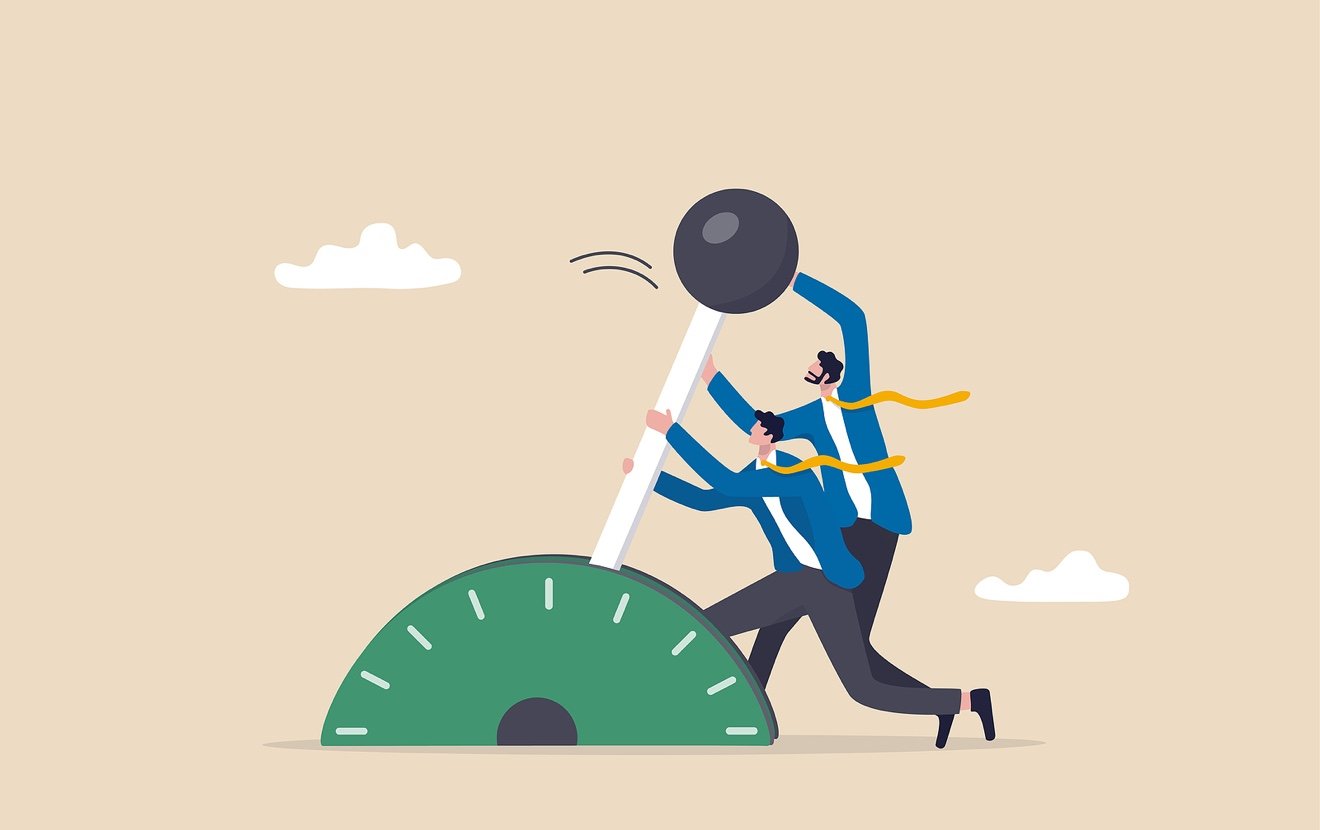According to economists, the nation’s CFOs and every news report, all signs point to an economic downturn in 2020. The good news is that most experts are calling for a run-of-the-mill retraction, rather than the severe financial meltdown that marked the Great Recession of the late 2000s.
Still, an economic correction of any size has a chilling effect on lending. After all, responsible underwriting and proactive financial management protect financial institution assets from losses. When that financial institution is a credit union, protecting those assets take on additional meaning because they don’t belong to the institution – they belong to members.
However, credit unions also have a responsibility to provide financial services to the communities they serve, in good times and bad.
In fact, one could argue that credit unions are countercyclical financial institutions that stimulate their local economies by responsibly increasing lending during an economic downturn. Countercyclical businesses aren’t just do-gooders – they see the potential for growth when others cut back. Think of how enrollment at universities increased during the Great Recession, as laid-off workers increased their education to qualify for better jobs. From 2006 to 2011, higher education enrollment increased by 3 million; in particular, enrollment at less expensive, two-year colleges increased by an astonishing 33%, according to Census.gov.
Two other trades that do a brisk business when the economy tanks are liquor stores and pawn shops. They are a perfect segue to the importance of credit union lending during a recession.
When banks and other for-profit lenders cut off access to capital during the Great Recession, credit unions gained members and significantly increased their loan portfolios, because they were the only game in town willing to lend to local businesses and families.
It’s our cooperative structure that allows credit unions to grow during tough times. We all know that credit unions exist to lift up members, not take profits from working-class people and deliver them to the 1%. Because of that very significant difference in structure, an economic downturn allows credit unions to grow while doing the right thing.
What can credit unions expect when the next downturn comes? Each economic retraction has different, unexpected implications, but they’re generally all pretty similar. Here are some opportunities for which credit unions should prepare in 2020.
People will lose their jobs
The nation’s unemployment rate held steady in August at 3.7%, a near-record low. Record lows are unsustainable, so expect members to lose jobs or at least hours. If your credit union offers loan payment deferral and restructuring programs, you’ll minimize losses and build trust and goodwill that will pay off when prosperity returns.
Today’s technology will make it easier for laid-off workers to launch home-based small businesses. In America, entrepreneurs are economic leaders, generating half of all private-sector jobs. Community financial institutions support small businesses, but they often do a poor job of serving start-up entrepreneurs who are one-person shops or operate with just a few part-time or contract workers. Remember, today’s largest and most successful companies – Apple, Microsoft, Google and Amazon – started in their founders’ garages.
Spending slows
Entertainment, travel and eating out are always hit the hardest when families tighten their budgets. Sure, these behaviors may shrink your credit card portfolios, but if you provide member business lending, it’s an opportunity to help small businesses cover the difference until the slowdown ends. The average recession lasts just 17 months. Surely your credit union can find a way to reduce loan payments or create a new loan product that will help a successful owner-occupied business for a year and a half. Refinancing loans away from other lenders should be part of your credit union’s strategic plan during this time. Perhaps the small business owner would be willing to include some marketing or naming rights for the credit union investing in the community for the long term.
Families suffer
Remember when financial institutions lowered or shut down credit lines, tightened credit policies and stopped lending as contagion of fear spread throughout the United States and the globe? During a recession, there are fewer presents under the family Christmas tree, no fun family vacations and fewer kids go to college. Strains on family life during a recession not only present loan opportunities, they also give your credit union new ways to make a social impact while generating positive publicity. It is important to remember credit unions were formed during hard times when working class families were ignored by the banking system and did not have access to credit. Our members are more than a credit score, and we should always treat them with dignity and respect, especially when other financial institutions may have turned their backs on them. It takes courage to stand firm and be there for members when they need your help the most. But isn’t that why the members created credit unions and why we retain capital for hard times?
With so many headlines warning of an economic slowdown, there’s no reason credit unions should be caught unprepared. With some basic planning, credit unions can not only help members, but also grow and thrive. It’s not just good business – it’s credit unions’ civic duty.







